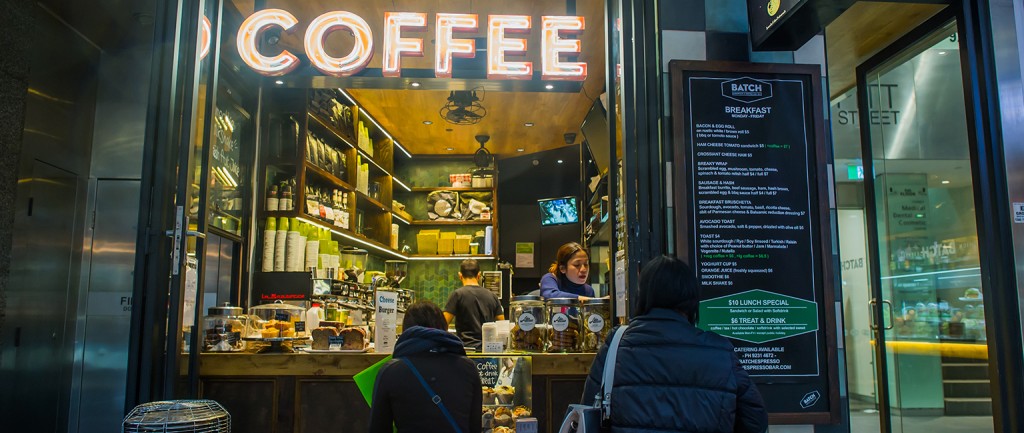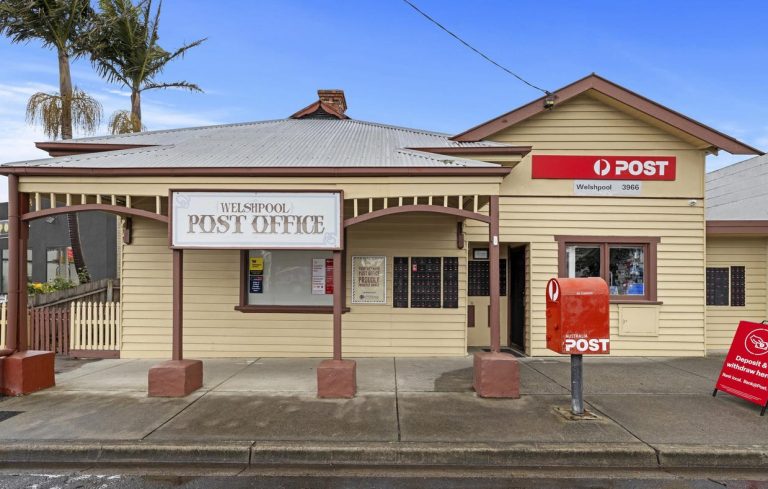Retail property shake-up: what does it mean for you?

Investors drawn by relatively attractive yields are converging on regional and sub-regional shopping centres.
We’re seeing a significant number of shopping centres change hands, with ownership becoming more diverse than the traditional retail Real Estate Investment Trusts.
The new owners – onshore and offshore – are holding their assets for shorter periods of time and are returns focused, rather than income focused.

Investors are assuming the market is at a low point and want to buy up – and there’s no doubt a buying spree is going on.
In 2013 transactions reached a record high and the average return is the best since 2012. These results suggest the downturn of recent years has passed and the sector is recovering thanks, to record low interest rates and the global chase for yield.
Read more: Investors shopping up a storm in mid-size centres
What does it mean for landlords?
With investment in sub-regional shopping centres steadily rising, now could be the perfect time to sell a property that does not fit your portfolio or, if you have recently bought, consider refurbishing the centre as a way of increasing its value while the yield is higher.
To maintain a good working relationship with your tenants, communicate any refurbishment plans or changes to your retailers who may be affected.
Communicate any refurbishment plans or changes to your retailers who may be affected.
Get to know the retailers and franchises operating long term in your centre to understand their needs. You may be pleasantly surprised to find what their priorities are – remember, they talk to customers every day and often it is better cleaning, signage and lighting. Major capital works aren’t always necessary to make a quick impact.
While most landlords would have researched the local retail market before buying, customer preferences and local competition can change quickly. Take the time to understand the area – what do the locals want from their shopping centre?

What does it mean for tenants?
First, it’s important to be aware the new landlord has no obligation to honour a ‘nearly complete’ lease agreement.
It would be advisable to wrap up any incomplete contracts as soon as possible. The landlord may have new plans for the centre – including your store – and having an incomplete lease can leave you exposed.
Read more: Tenants: top tips for dealing with landlords
On the plus side, a new landlord give tenants a chance to form a good relationship from the outset, particularly if you had little contact with your previous landlord. It may also be a chance to apply anything you’ve learnt from the relationship with your previous landlord and perhaps start afresh.
A new landlord give tenants a chance to form a good relationship from the outset.
A good analogy is to think of your new landlord as a new boss – treat them with the respect that you’d like to receive, and don’t overstep the mark on your first day.
The fact that there is activity in the retail space is a good sign of a happy healthy market.
The market’s knowledge of consumer and investor confidence flows on to improve the economy’s overall health.







